‘Use it or lose it’: Aussies spending more than ever on debit and credit cards as cash use tanks
Aussies are being urged to dramatically alter their spending habits as new research indicates physical cash is an endangered species.
Australians are spending more than ever on plastic as the use of cash plummets, prompting banks to close branches and some to eliminate the use of physical currency entirely.
Analysis of transaction trends by the Australian Banking Association (ABA) for the year ending March 2024 found spending on debit cards hit $581 billion, while transactions made with credit totalled $418 billion.
“Payments by debit card still outstrips payments by credit cards,” ABA chief executive Anna Bligh said.
“This shows the number one choice by Australians is to pay for goods and services with savings rather than credit.”
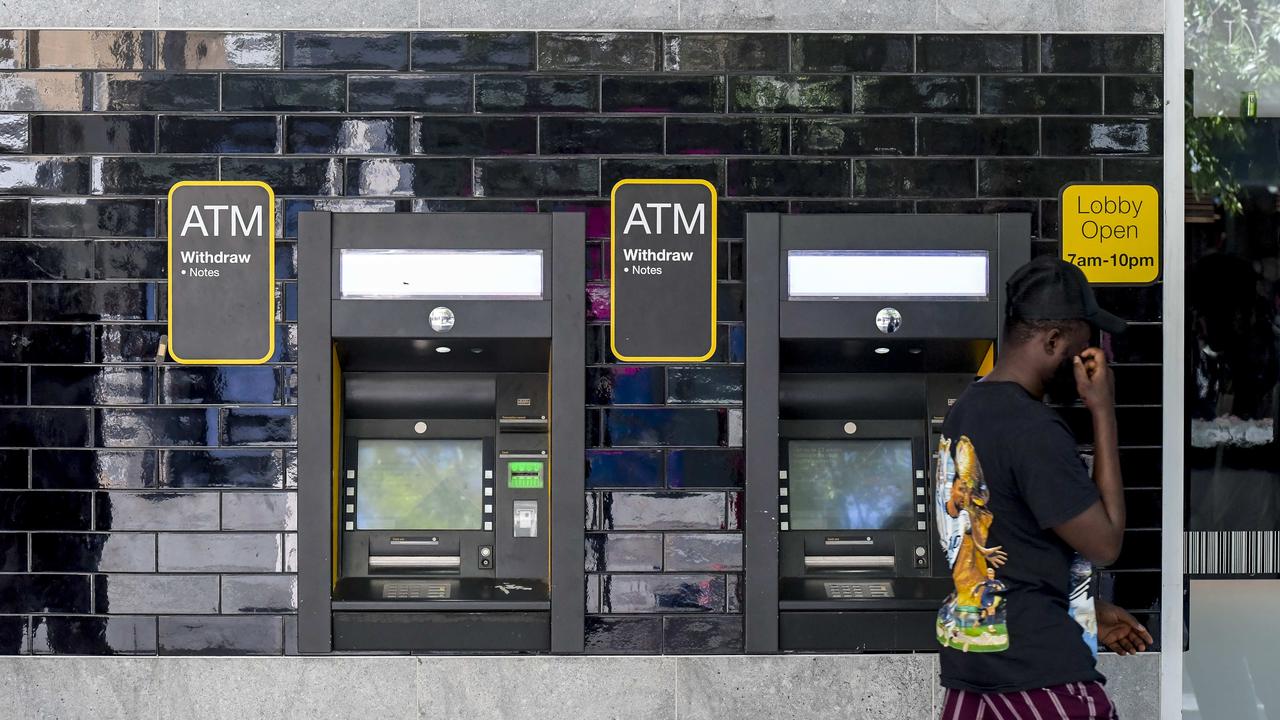
More and more people are shifting towards digital payment methods, Ms Bligh said, with the popularity of e-wallets on mobile devices “skyrocketing” in recent years.
Sign of a crisis?
In the past year, some pundits have expressed concern over the jump in credit card usage as the cost-of-living crisis rages on.
However, the ABA data shows the majority of Aussies are paying off their balances each month before hefty interest rates are applied.
“Even with the current pressures on household budgets, we are still seeing relatively high levels of Australians paying off their credit card before they start to accrue interest,” Ms Bligh.
In March, 45 per cent of credit balances incurred interest – a drop of one per cent year-on-year and low than the 51 per cent figure recorded in 2022.
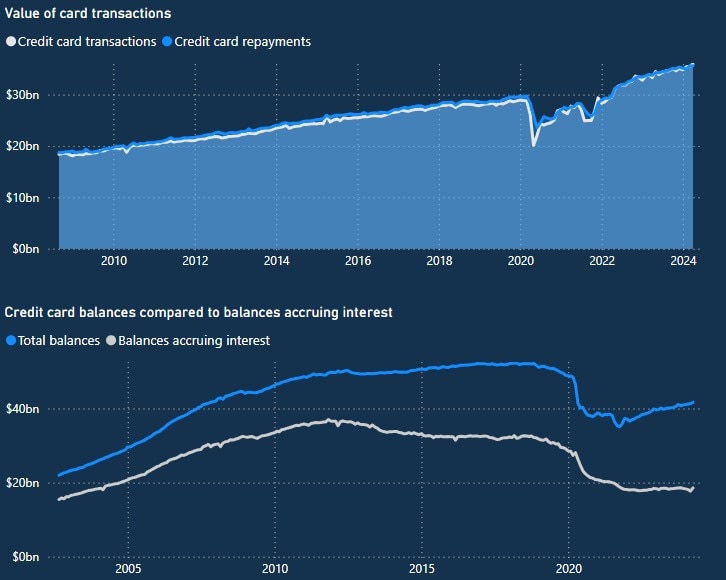
The ABA research also found 43 per cent of all credit card holders feel ‘somewhat secure’ about their finances, while 11 per cent feel ‘extremely secure’.
Fourteen per cent of survey respondents usually carry forward a credit balance each month.
“While most Australians are meeting their repayments or paying their credit card off in full each month, we know some may be worried about missing repayments,” Ms Bligh said.
“Our message to Australians is, don’t tough it out on your own, banks are here to help you. Banks stand ready to support customers who are worried about falling behind on their repayments.
“If you’re worried about meeting your repayments, please get in touch with your bank as soon as possible. The earlier people reach out to their bank, the easier and quicker it is for banks to put support options in place.”
Cash no longer king
Back in 2007, about 70 per cent of all transactions were made using cash, but the latest data from the Reserve Bank shows that figure slumped to just 13 per cent in late 2022.
“The share of in-person transactions made with cash halved over the three years to 2022,” the RBA’s most recent Consumer Payments Survey found.
“Cash is now used less than electronic methods for all transaction sizes. The demographic groups that traditionally used cash more frequently for payments – such as the elderly, those on lower incomes and those in regional areas – saw the largest declines in cash use.”
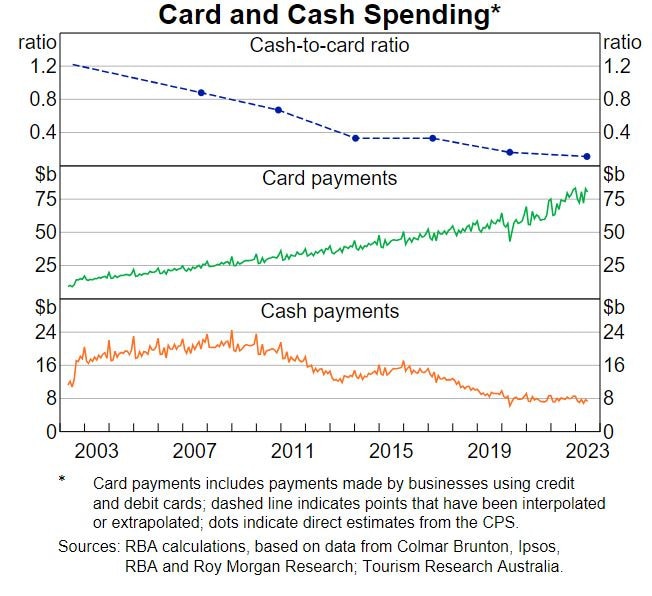
On top of that, data shows about 98 per cent of all customer interactions with a bank now happen digitally, driving to closure of 1600 bank branches in the five years to 2022.
The consequence of fewer physical banking locations means accessing money is harder and more expensive, Professor Steve Worthington from Swinburne University’s School of Business, Law and Entrepreneurship said.
“Very often, major bank ATMs are located in a branch, so when they close the branch they take away the ATMs,” Professor Worthington said.
Earlier this month, Macquarie Bank began transitioning to an entirely digital offering, eliminating cheque and deposit books.
The financial giant has also ceased its partnership with NAB, which allowed Macquarie customers to make deposits via its ATMs.
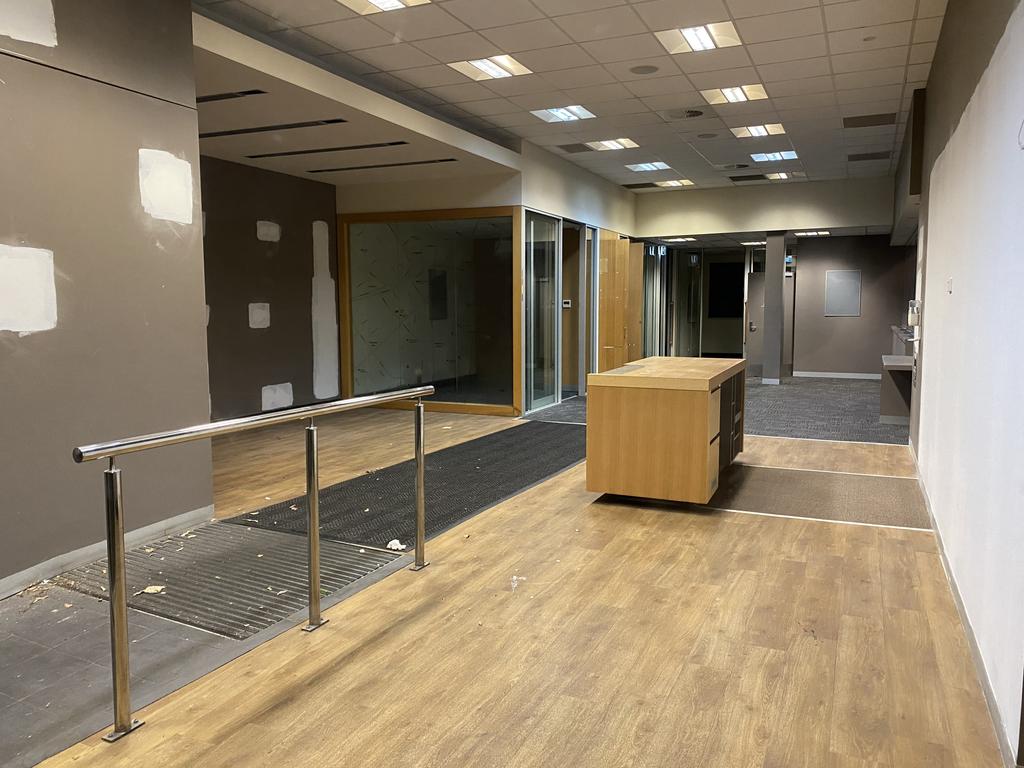
Multiple instances of retailers and hospitality business refusing to accept cash have also emerged over the past year.
That has sparked a growing backlash among Aussies opposed to a so-called cashless society – concerns that some experts say are justified.
“I’d say we’ll be functionally cashless by the end of 2025 — it’ll just be a complete rarity,” Professor Richard Holden from the UNSW Business School told news.com.au last year.
Professor Worthington said “a large chunk of people” rely on cash to pay for things, either due to age, limited or no access to the internet, or because they live in remote locations.
Ms Bligh said “cash will continue to be available” to bank customers despite the growing popularity of payment methods.
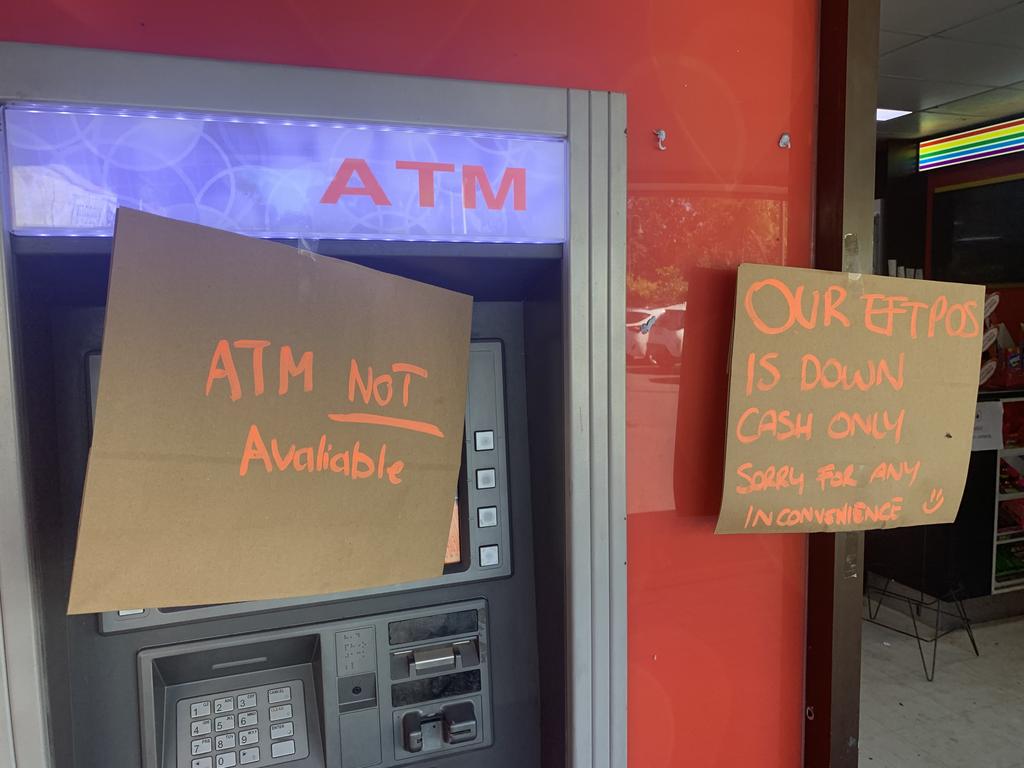
The RBA’s research on attitudes towards cash find many believe society would be negatively impacted if physical currency was difficult to access.
“Overall, just over one-quarter of respondents – regardless of how intensively they used cash – reported that they would experience a ‘major inconvenience’ or ‘genuine hardship’ if cash was hard to access or use,” its Consumer Payments Survey noted.
Professor Worthington said Aussies shouldn’t be complacent.
“If we don’t use it, we will lose it. That’s the danger – there’s less and less access to it, less and less ways of using it.”
Cautionary tales
In November, a total outage of telecommunications services provided by Optus impacted millions of Australians – including countless business owners.
A bungled software upgrade caused the loss of phone and mobile connectivity for more than 12 hours, meaning EFTPOS terminals ceased to function. Some banks were also impacted.
Chris Vasantkumar, a lecturer in anthropology at Macquarie University, said the Optus outage served as a cautionary tale – but it’s far from the only one.
In late 2019, another routine tech upgrade threw an entire nation into chaos – this time in Zimbabwe, during a 72-hour collapse of the main mobile money service, EcoCash.
At the time, about 96 per cent of the African country’s transactions were cashless and EcoCash had a near monopoly on the mobile money market.
“Across the country economic life ground to a halt,” Dr Vasantkumar wrote in analysis for The Conversation. “Groceries were abandoned at supermarket check-outs. Commerce was paralysed as the nation waited for its payment system to be brought back on line.”
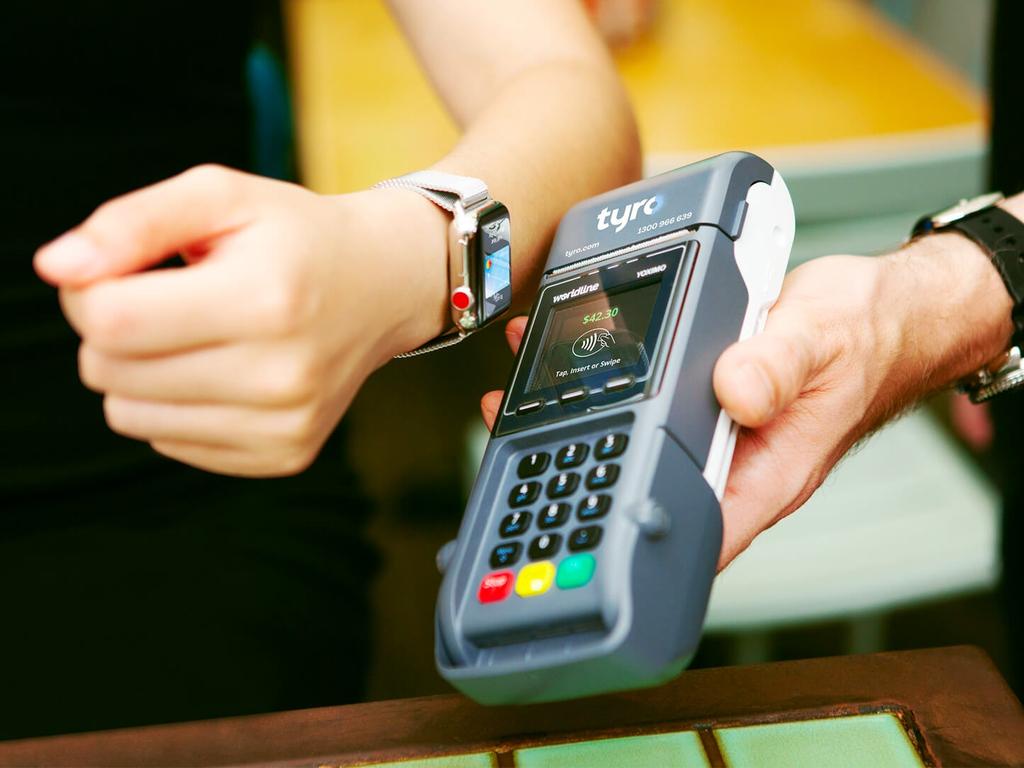
The crisis was a main motivator for Zimbabwe retreating on its largely cashless status.
Dr Vasantkumar conceded that Australia is not Zimbabwe, but said the Optus outage highlights “a key advantage of physical cash”.
“It never goes down. We can rely on it to be there when we need it in contrast to cashless payment systems such as EFTPOS, which suffered disruptions during the 2020 fires in NSW and Victoria.
“Going cashless is [also] a form of privatising money. It moves transactions into a world where you must rely on banking institutions to buy and sell things while someone is making money off your financial dealings through fees.
“We wouldn’t usually think about this as similar to selling off the power grid, but in some ways it is.
“And as we saw all too vividly with the Optus debacle, a transition to privatised payment infrastructures opens up new kinds of vulnerability to go along with their convenience.”






